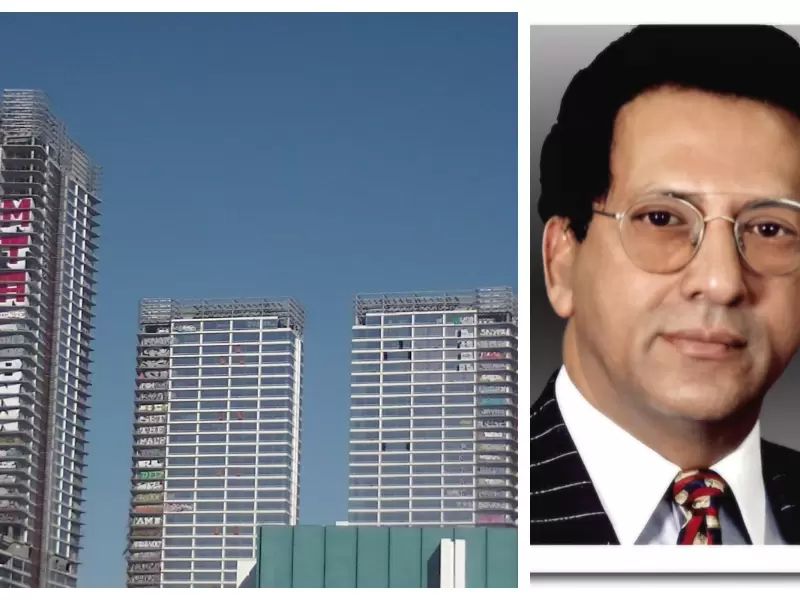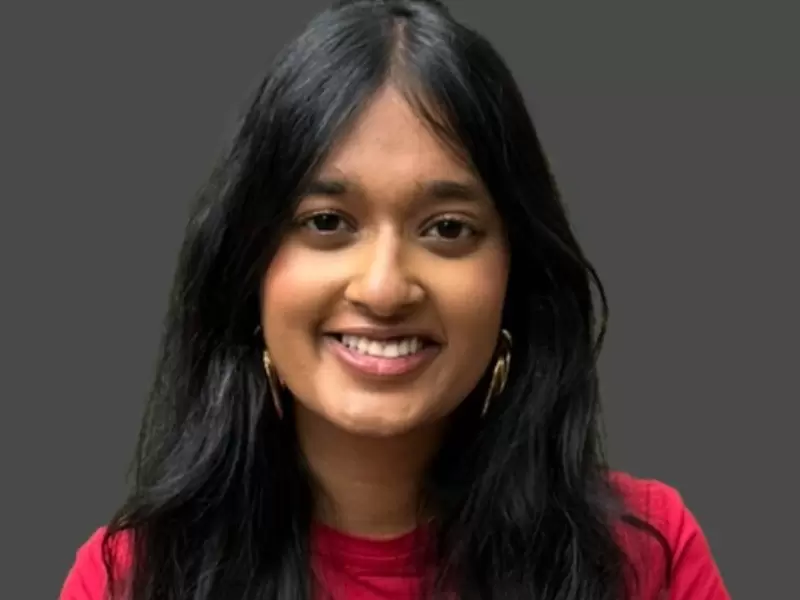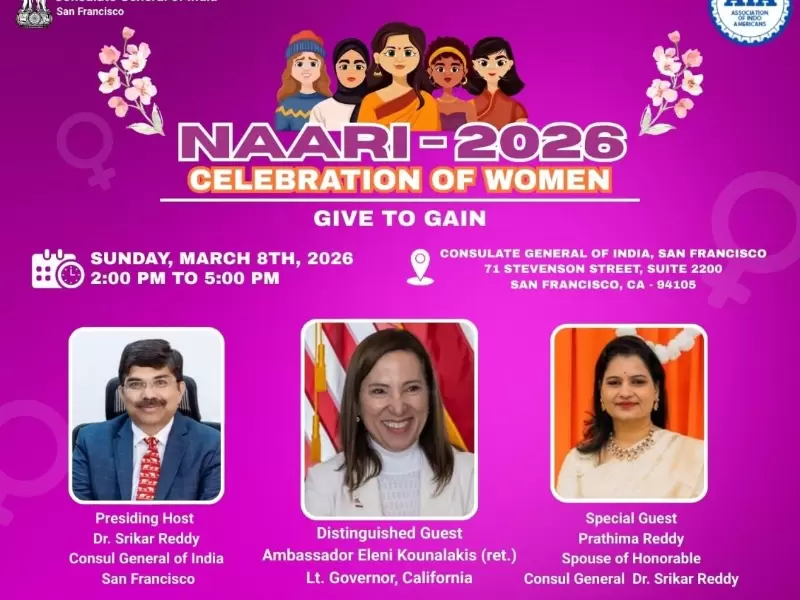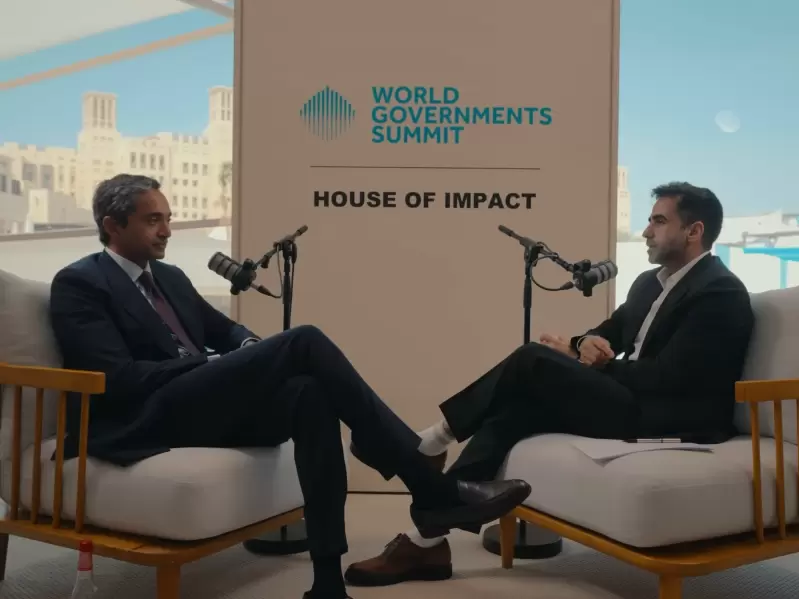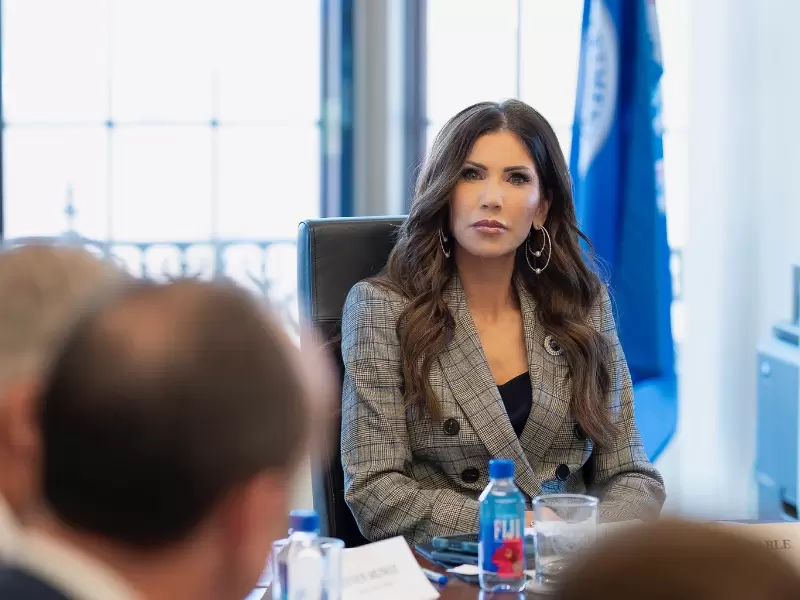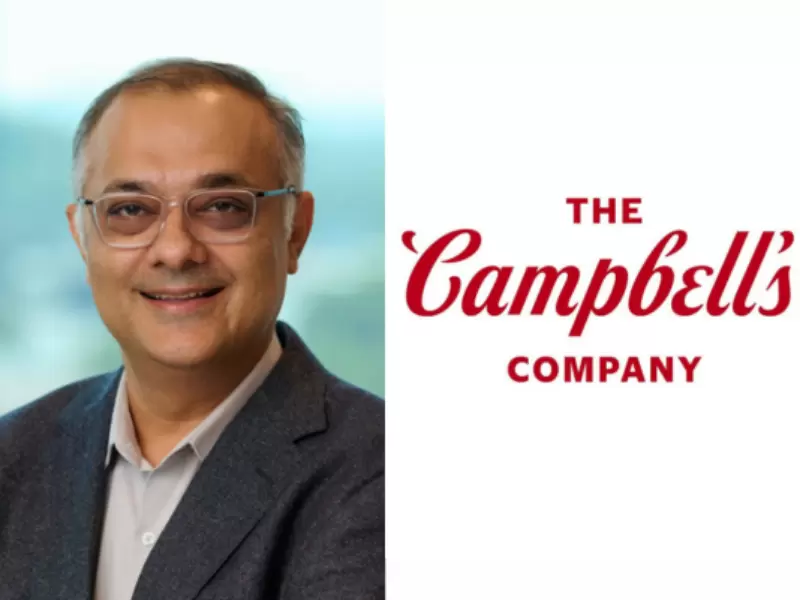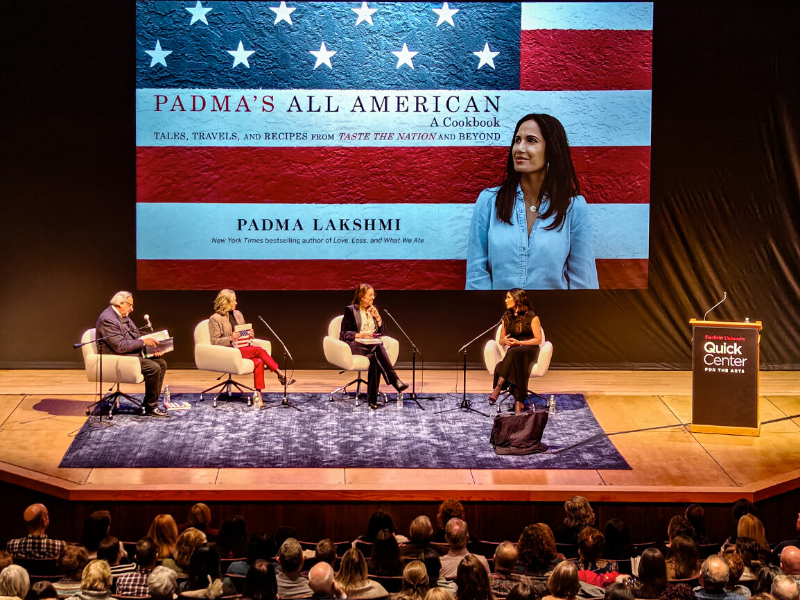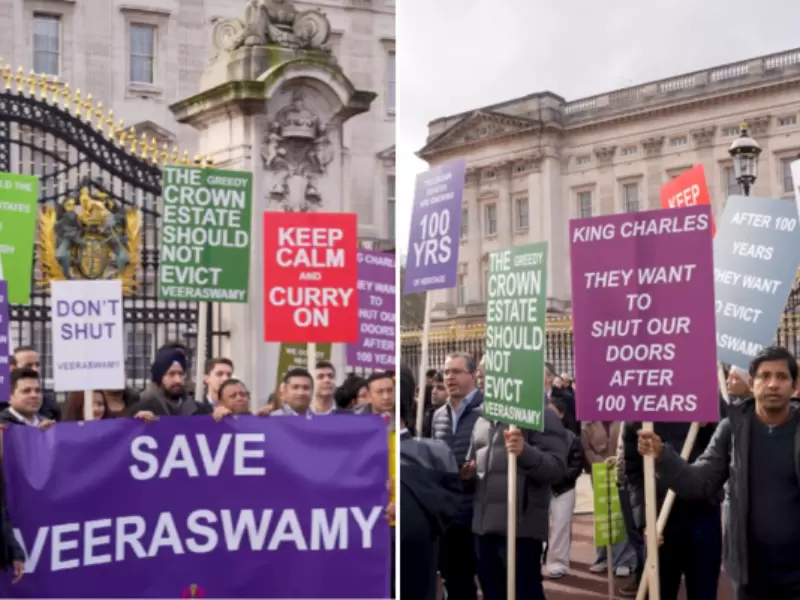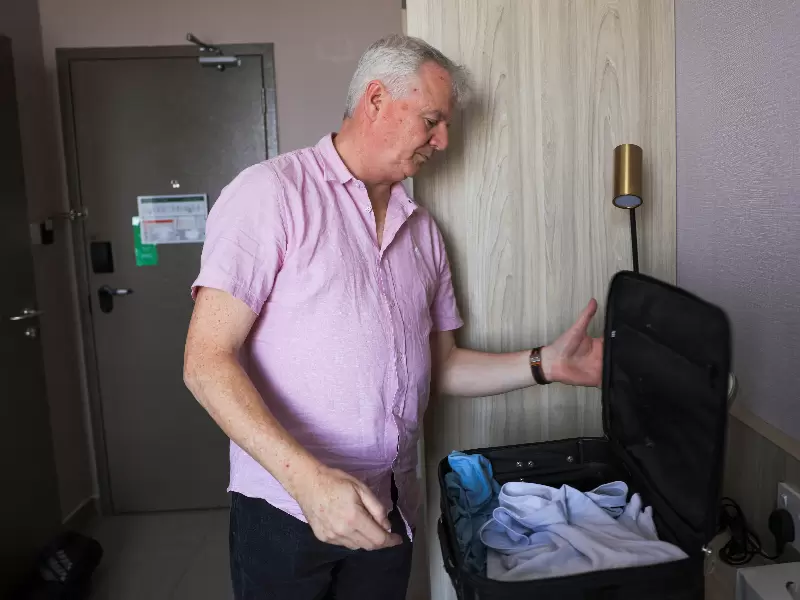ADVERTISEMENT
POP
See MoreCommunity
See MoreSan Francisco consulate to celebrate women at Naari 2026
The Consulate will honor women leaders from diverse fields who have made impactful contributions to their professions, communities and society at large.
-
She will be recognized for medical outreach work on March 8.
-
Be it in New York City, Chicago or Atlanta, the spring festival has seen thousands of diaspora members come together...
-
The virtual conversation will be themed around local action by women leaders who act as engines of lasting change.
ADVERTISEMENT
Videos
View AllOpinion
See MorePeople
See MoreChamath Palihapitiya reflects on immigrant sacrifice on Kamath podcast
The investor also discusses ambition, trauma and wealth in Kamath podcast interview.
-
She was recognized for research identifying gaps in the reporting and reclassification of genetic variants in clinical care.
-
VHPA leader Nirav Patel works to preserve Hindu identity, strengthen representation, and reconnect younger generations with their roots.
-
The awards recognize individuals whose work has had an impact on theatre and community arts.
ADVERTISEMENT
Entertainment
See More
The Consulate General of India in Houston supported and participated in the two-day cultural event at Asia Society Texas Center.
-
The films that remind us that the most lasting romances are often the quietest—built not on spectacle, but on feeling.
-
She is also known for being the cousin of Bollywood actress Ananya Panday.
-
The Cincinnati performance will be directed by Srinivas Mirle and...
-
They will also be sending trucks filled with sweets across...
-
ADVERTISEMENT
Immigration
See More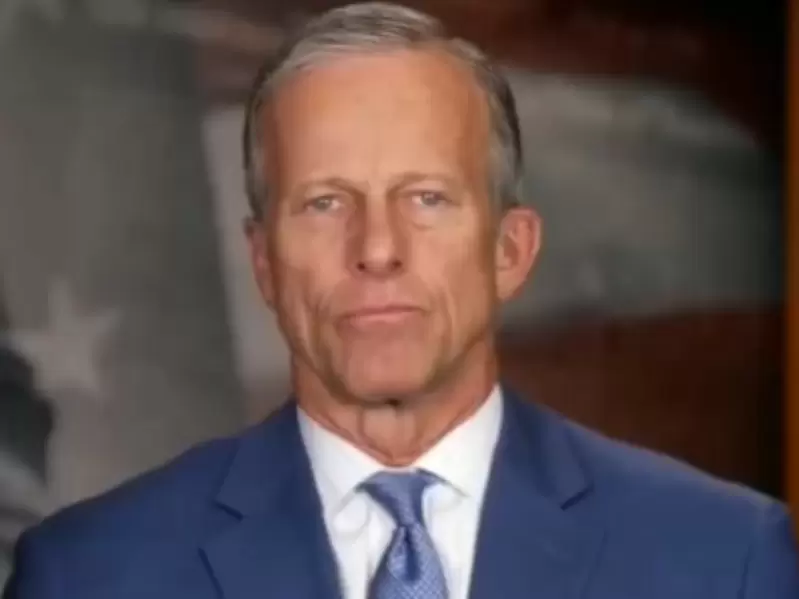
Immigration and border security have long divided Congress over funding and federal versus state power and the Austin attack is likely to intensify that fight.
-
Under the reforms, refugee status for adults and their accompanying children will be reviewed every 30 months.
-
U.S. Congress has passed legislation that extends the Employment Fourth Preference Certain Religious Workers (SR) category to September 30, 2026.
-
The 20-year-old was flown to Honduras on Nov. 22 despite...
-
There are over 300,000 Indian students in the US, and...
Food
See More-
The new CBS series features 16 top chefs competing for a $1 million prize in a prime-time culinary showdown.
-
The Indian-origin executive will lead the company’s Snacks business, overseeing brands such as Goldfish and Pepperidge Farm.
-
The Indian-American author and TV host discussed her show Taste the Nation and her new book at the university event.
-
The fast-casual Indian chain recently opened its restaurant in Pennsylvania.
-
Six national prizes will recognize early-career food and media practitioners...
-
Ambassadors Clubhouse adds a fresh destination to New York City’s...
-
Doosra reimagines classic South Asian flavours with bold American twists
-
The expansion is backed by a marketplace model linking Indian...
SPORTS NEWS
See MoreIn Kolkata, Nitin Menon will serve as the third umpire.
Lindblad’s visit to India comes just a week before his...
Samson provided India with a brisk start against Zimbabwe, scoring...
West Indies posted a competitive 195/4 after being asked to...
News
See More-
ADVERTISEMENT
Please enter something
- Asian Americans
- Biz
- Books
- Canada
- Community
- Culture
- Dating
- Diplomacy
- Diwali
- Editor picks
- Editorial
- Explainers
- Fashion
- Features
- Food
- Immigration
- India
- India Decides '24
- India Independence Day
- Letters to the Editor
- Life
- Maha Kumbh
- Movies+
- News
- Opinion
- People
- Ram Mandir
- Reviews
- Rooted and Roaming
- Sports
- Spotlight
- Tech
- Travel n’ Diplomacy
- Trump 2.0
- UK Votes 2024
- US Elections 2024
- USA
- West Coast





